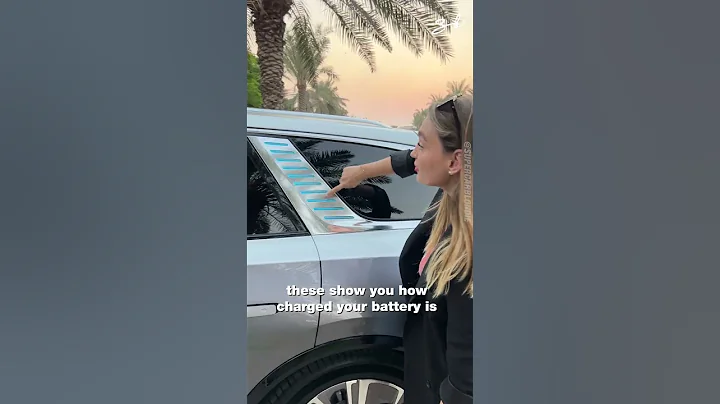On October 17, the British " Times " reported that BMW will stop the production of electric Mini at the Oxford factory in the UK and relocate it to China.
In response, the newspaper commented that this will deal a major blow to the UK's vision to become a global zero-emission vehicle manufacturing hub. Previously, BMW produced about 40,000 electric Minis each year at its Oxford factory.
BMW and Great Wall Motors have a joint venture in China - beam car. The joint venture's factory is currently under construction in Zhangjiagang, and in the previous plan it will be responsible for the production of some electric Mini models. According to media reports, the next generation of electric Mini Aceman may be produced by beam cars. Another larger electric Mini Countryman will be produced at its Leipzig factory in Germany.

The future possibilities of the Oxford factory
And about the BMW Oxford factory, its own fate is also highly speculated.
Previously, industry insiders said that BMW wanted to sell the factory to Great Wall, and the latter did not hide its covetousness for the factory. Because as Chinese automakers enter Europe with the help of electric tracks, it is a natural step to seek production facilities locally, and BMW's factory, which has a cooperative relationship with Great Wall, would be better if it could be used for it.
However, Mini CEO Stefanie Wurst denied this statement, saying that "Oxford (the factory) will always be Mini's home." She said the decision to stop producing electric Mini in the UK has nothing to do with the supply chain restrictions after Brexit , but because the Oxford factory is currently producing electric and petrol vehicles on the same line, with very inefficient efficiency. She revealed that when the plant starts producing electric Mini again in the future, it will be produced based on an assembly line platform developed by Great Wall Motors.
In her opinion, the Oxford factory is not ready for electric car yet. But when asked by the media when the factory will produce electric vehicles again, she responded: "It's nowhere to be long."
Of course, there is another possibility. Whether the Oxford factory will produce new energy models under Great Wall in the future, such as Oula and WEY brands, her answer is "possible". On the other hand, a Great Wall Motor spokesman also confirmed that the possibility of producing its own vehicles at the Oxford factory has been the subject of "internal discussion".
British electric dream shattered
Following Honda's decision to withdraw from the UK in 2016, the move of the electric Mini production line from the UK will further hit the UK's ambition to become a leader in electric vehicle manufacturing.
Currently, the only planned large battery factory in the UK is built by Brit in the northeast, but it will declare bankrupt if less than £200 million in aid financing is received.
Just a year ago, then Prime Minister Boris Johnson promised to fund the UK's "1 billion pound electric vehicle revolution" and "create hundreds of thousands of jobs" at the climate summit in Glasgow . His predecessor, Theresa May, also had the intention to make Britain a "world leader" in the electric vehicle manufacturing industry and make it one of the "pillars" of her brief industrial strategy.
Former British Exchequer Kwasi Kwaten also proposed that the automotive electrification industry "will be the forefront and core of the UK." However, the promises of these politicians and the seven-year new car development cycle that traditional car companies usually require suggest that the Oxford factory will not be able to produce new electric vehicles until at least the 2030s.
BMW's electrification strategy accelerates
With the accelerated development of the global electric vehicle market, China, as a leader, has been regarded as a strategic highland by more and more global car companies. From this point of view, it is almost an inevitable trend for BMW Group to transfer the Mini electric vehicle production line to China.
According to the plan previously announced by BMW Group, by the end of 2025, BMW Group is expected to complete the delivery of the 2 millionth pure electric vehicle in the world. By then, 25% of BMW Group's sales in China will be new energy models; it is expected that by 2030, pure electric models will account for at least 50% of BMW Group's total delivery volume. At the same time, around 2030, the Mini and Rolls-Royce brands will also achieve full electrification.

In order to accelerate the speed of Mini's electrification transformation, BMW Group and Great Wall Motors confirmed the beam car project in 2018. The shareholders of the joint venture each hold 50% of the shares. The Chinese market has become Mini's global strategic focus area. It is expected that in 2023, Mini will produce two pure electric models in China.
For BMW, no matter where it produces Mini electric models, maximizing benefits must be its primary consideration.











